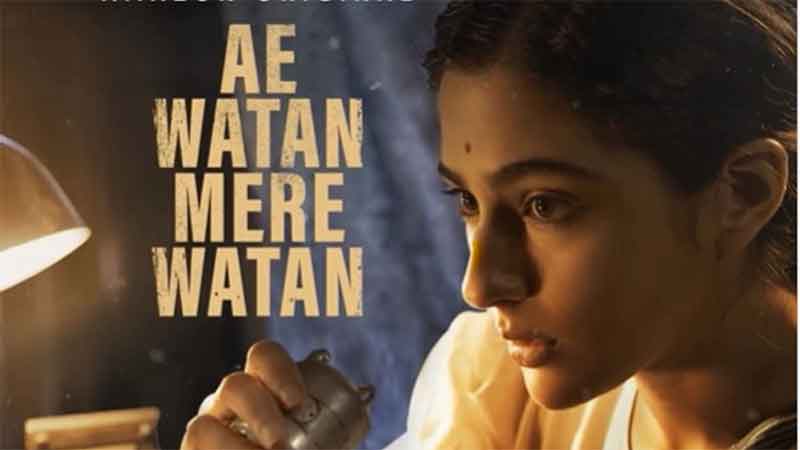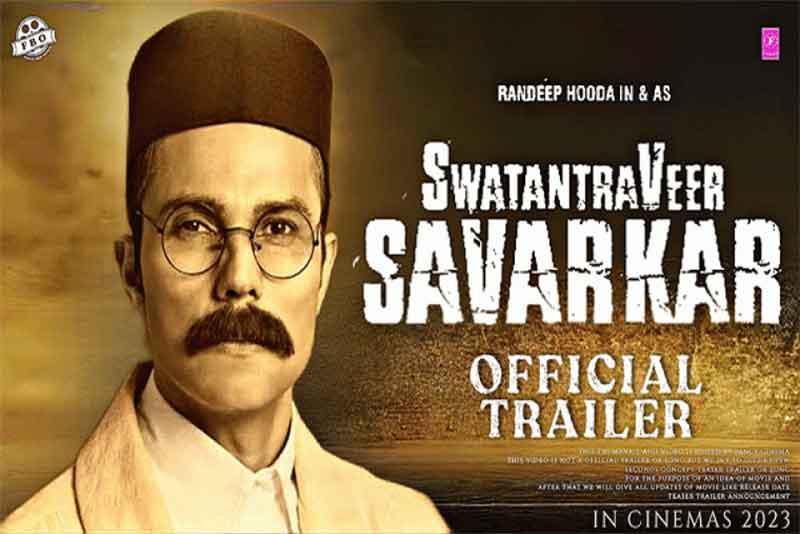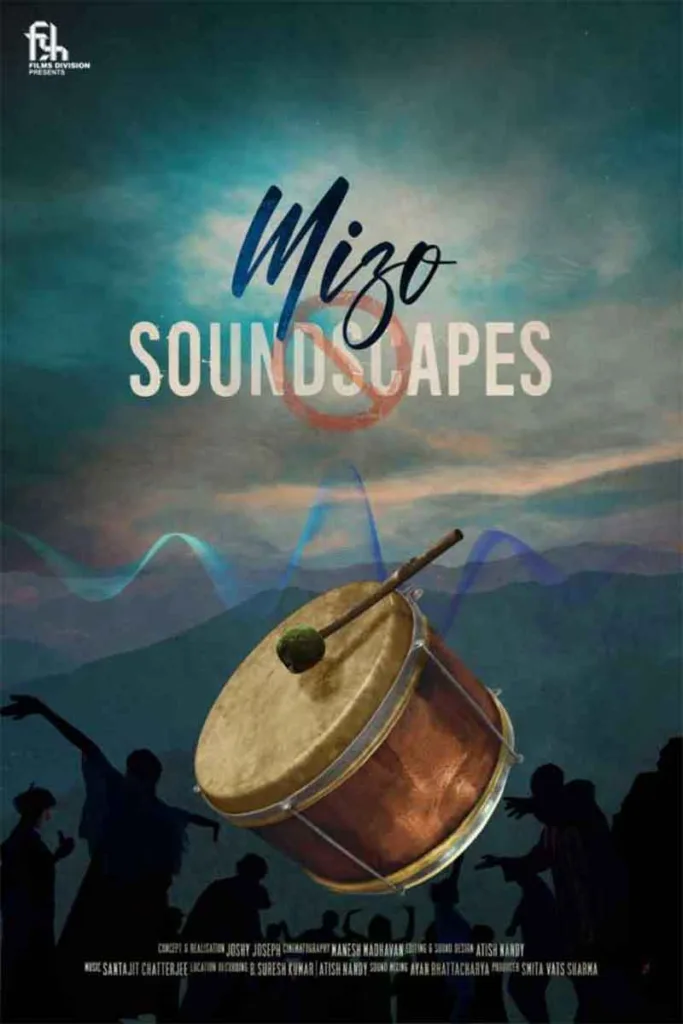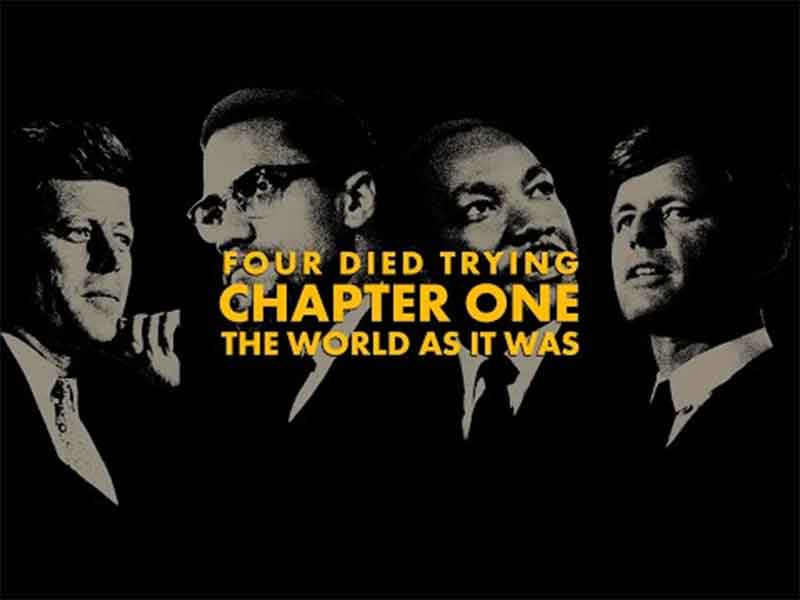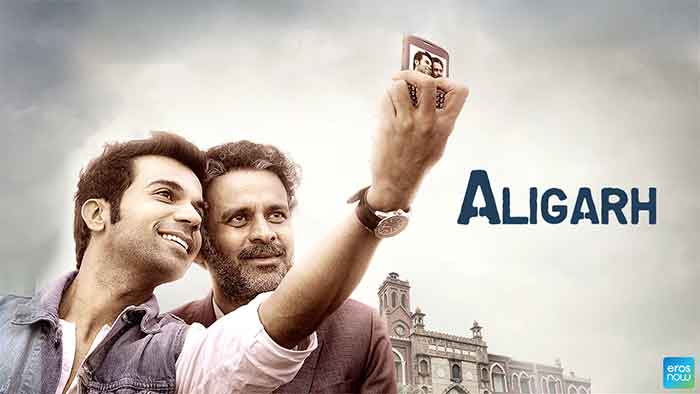
The Hansal Mehta directed biopic “ Aligarh” is possibly the most stark of the recent films made that shows homophobia at its most brutal. The imagery of Manoj Bajpayee as the lonely and socially isolated Professor Siras, finding solace behind closed doors in endless pegs of whisky and melancholic Lata Mangeshkar songs will not easily leave you. Professor Siras has been suspended from his teaching post by the authorities of Aligarh University after a video surfaced of Siras and his partner in a compromising position.( the university is called Aligarh University, though there is no ambiguity in small town Aligarh as to which university is being alluded to).
It is not easy to bring to life the extreme isolation, pain and loneliness that ostracism exclusion brings to a person but what this film does so well is to humanise a gay person and his feelings once the doors are shut and the bolts drawn. Most people who have never had the opportunity to have had gay friends or professional colleagues have their own mental make up of what a gay person might look like – exaggeratedly effeminate in their looks and behaviour and fond of “ girlie” pastimes , hobbies and colours. But Professor Siras is none of those. In his conversations with the newspaper correspondent and investigative journalist Deepu Sebastian( Raj Kumar Rao), he is just like one of “us”. Sharing lunch with Deepu one day as they talk, he declines to finish a dish which Deepu has consumed in part because “ we are brahmins after all !). Telling comment from one is practically excommunicated from all of society and not just his caste that in all other matters apart from their sexuality , they are indeed “one of us” with all its attendant baggages.
The film was made in the background of the seesaw legal battle to decriminalise Section 377 of the Indian Penal Code which criminalises homosexuality. At the time of filming, the Delhi High Court had decriminalised Section 377 in 2009 and this was being used by the activist lawyers who appeared for Siras in the Allahabad High Court in a petition to have his petition revoked. Of course since then , the Delhi High Court judgement on the subject was overturned in the Supreme Court in 2013 in the Naz Foundation case and subsequently after revisiting the verdict in 2017 in the Puttuswamy case, a supreme court bench headed by then Chief Justice Deepak Misra again decriminalised consensual homosexual activity.
But coming back to the story of Professor Siras, his lawyers appearing in the Allahabad High Court managed to get his suspension revoked and the University was asked to restore Prof Siras’s job as well as his accommodation. But winning a legal battle is one thing and winning hearts and minds another and more complex battle. Investigative journalism had first brought Prof Siras’s story to public knowledge and led to progressive lawyers coming forward to take up his case in the High Court. But the media publicity on the case hearings as they progressed did not win the professor any friends in small town Aligarh. Unable to cope with the more number of enemies that he now had and the social pressure and stigmatisation, Siras committed suicide on 7th April 2010. The High Court order officially revoking his suspension order reached the University a day later.
The tension between progressive laws and a regressive society will remain in the foreseeable future and there seems to be no end in sight. During a court hearing in the Supreme Court which finally declared khap panchayats to be illegal, the argument put forward by the panchayats was that while the Supreme Court functioned as per the provisions of the constitution which was not even a century old, their panchayats offered dispute resolution in quick time and at negligible cost invoking customs the had been in place for centuries and still evolving. The supreme court subsequently declared khap panchayats illegal but they continue to function as they have popular social sanction.
The Sabarimala case is another one that comes to mind. In 2018, the Supreme Court through a majority judgement overturned the Kerala High Court decision to continue with the ban on mensturating women from entering the Sabarimala temple. The Supreme Court invoked constitutional provisions of equality before the law and allowed women of all ages entry but till date, guided by long held convention and social ostracism , very few women barring a handful of activists have actually entered the temple – and arguably not so much as devotees but to make a legal point.
A more institutionalised practice is the of child marriage. Laws prohibiting Child marriage have been around for a long time and the The Prohibition of Child Marriage Act (2006) prescribes two years imprisonment or a penalty of Rs100,000 ($1,900), or both, for those guilty of marrying girls younger than 18 years of age. A survey carried out by UNICEF in 2018 states that 7% of girl children marry by the age of 15 and 27% marry before the age of 18. The survey confirms the prevalence of child marriages in India, 69 years since the Constitution came into force. Although Child marriages happen through the year, there is even a festival when weddings are considered particularly auspicious – Akshya Tritiya. Despite the existence of various laws including the fairly stringent POCSO specifically looking at sexual offences against children, the practice continues as societal sanction is more powerful than the force of law and it would not be unusual if the law enforcement staff coming from a similar strata of society actually provide tacit approval of the custom by turning a blind eye.
India is a signatory to the Sustainable Development Goals of the United Nations with the time frame of achieving them by 2030. Many of the laws enacted are aligned to these goals thus ensuing that India is in at least token compliance with the global community’s agenda. However there is simply no point enacting progressive laws as long as society remains as regressive as it is and even our law makers – at least very many of them echo the same patriarchal voices. Law making and law enforcement are two very different animals.
Dr Shantanu Dutta , a former Air Force doctor is now serving in the NGO sector for the last few decades.

